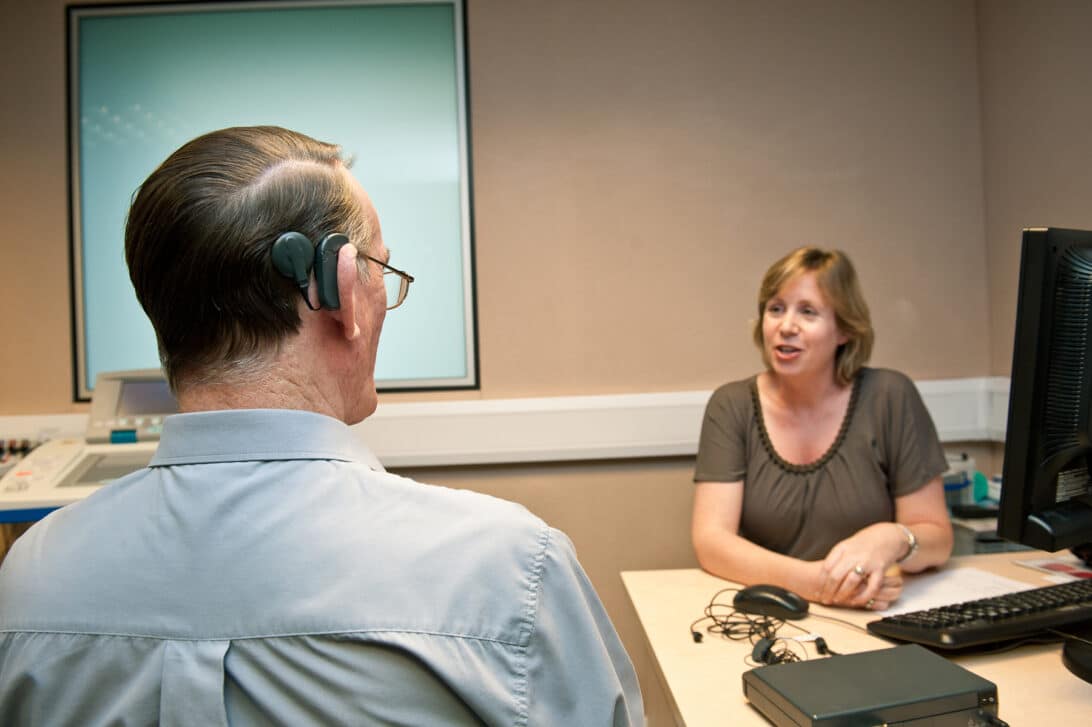
If children are implanted before beginning to speak, they will usually develop in stages similar to children with normal hearing—however these developments may be somewhat delayed. So, here’s a rough guide that you can use as a checklist to gauge the language development of your child cochlear implant recipient.
.png)




